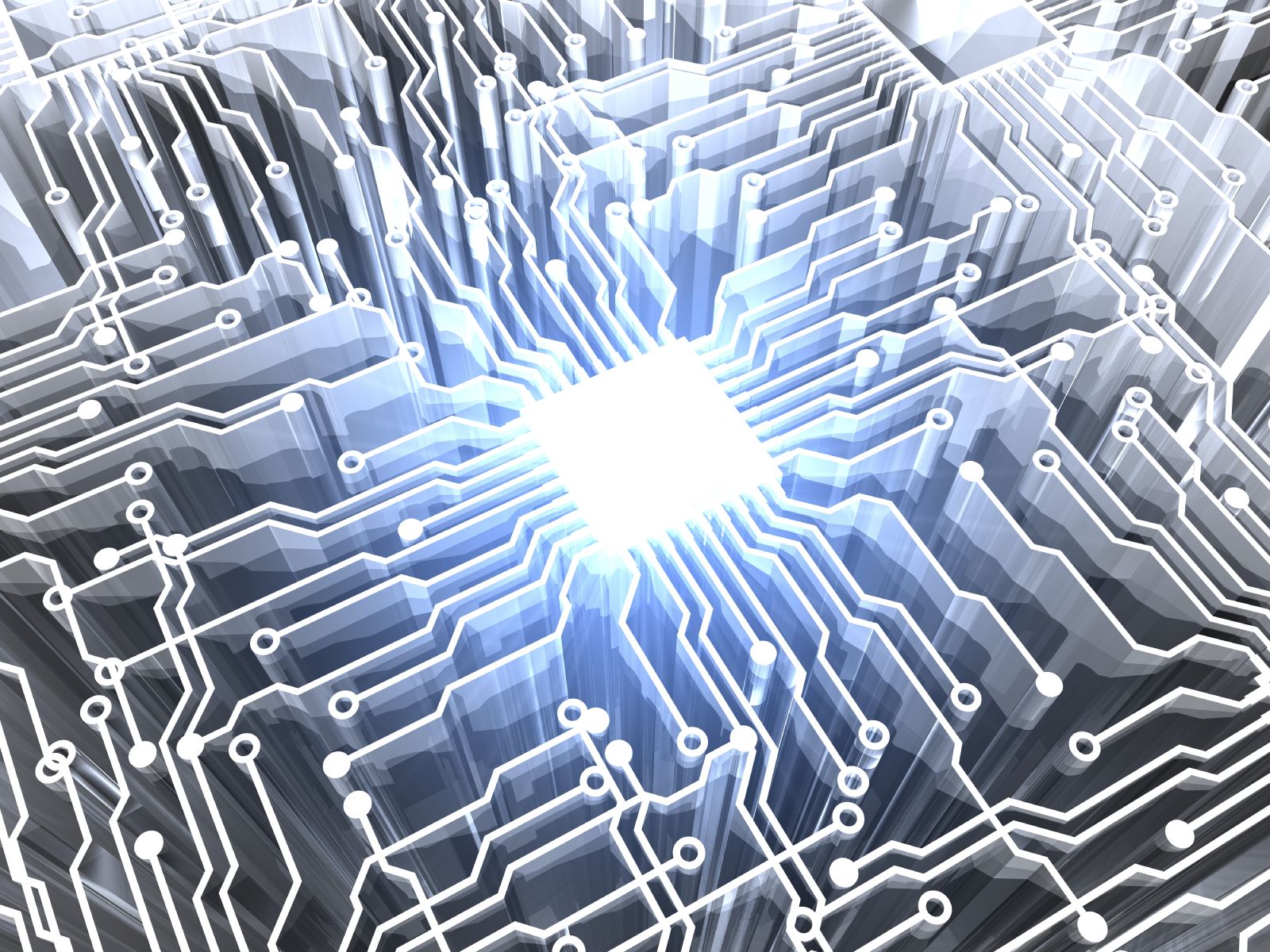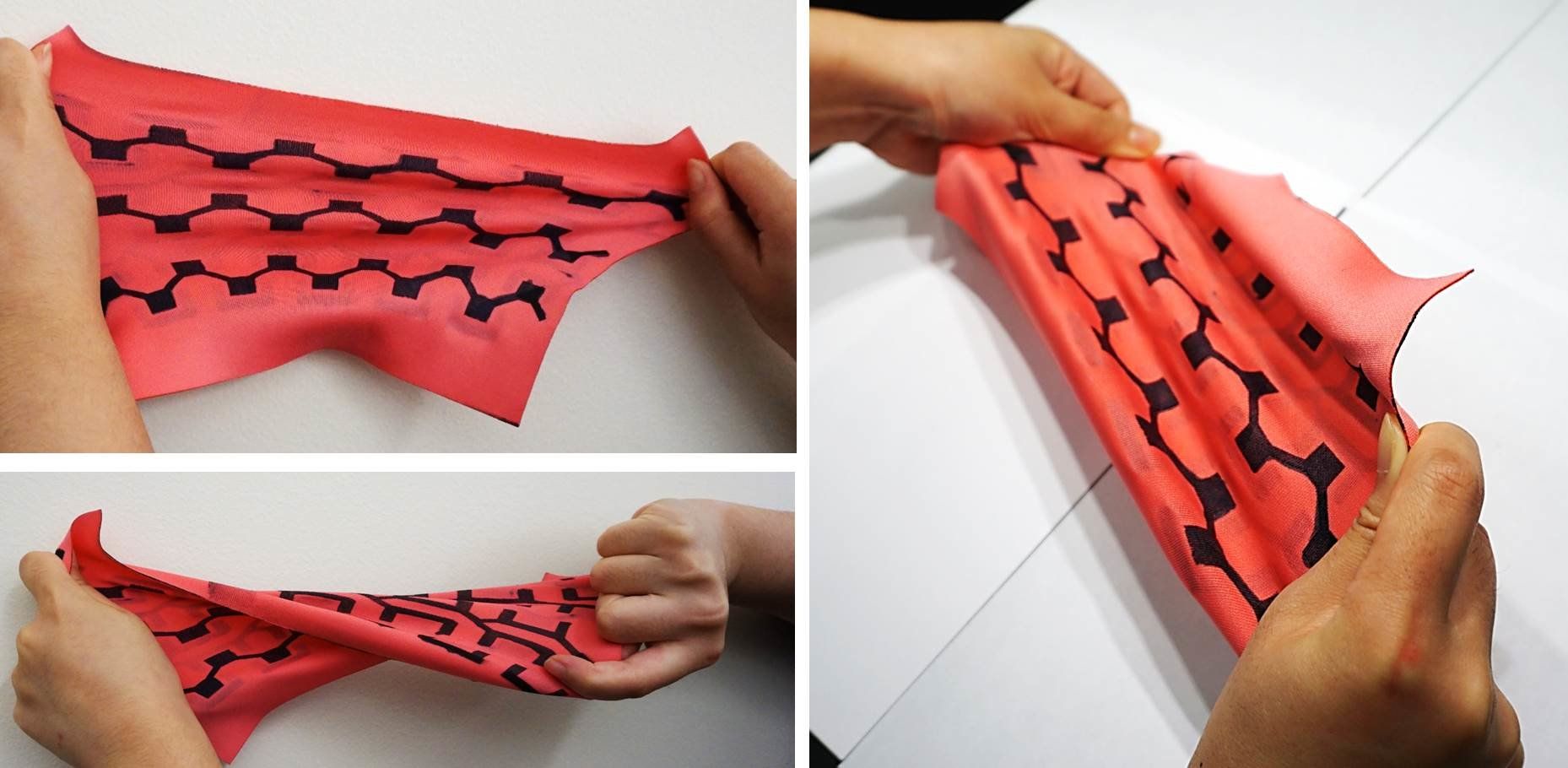The new research highlights how hybrid quantum computers can be developed by using various storage nodes.
(Reuters) — Tyson Foods ( TSN.N ), the largest U.S. meat processor, said on Thursday it slightly raised its stake in plant-based protein maker Beyond Meat as it looks to tap growing demand for alternative sources of protein.
Undated handout photo of the Beyond Meat burger. REUTERS/Beyond Meat/Handout.
Aubrey de Grey of the SENS Research Foundation took a few hours from his packed schedule yesterday to answer questions from the community at /r/futurology. It is a pity that we can’t get a full day of his time at some point — clearly there are way too many interested folk with questions and not enough hours to answer more than half of them. It is a sign of progress, I hope, that ever more people recognize that the SENS approach to the development of rejuvenation therapies is promising, and understand enough of the science to ask intelligent questions about the details.
SENS is simple enough to explain at the high level: identify the cell and tissue damage that (a) appears in old tissues but not in young tissues, and (b) is caused by the normal operation of metabolism, not by some other form of damage. The resulting short list includes the causes of aging. It may include some other things as well, that in the end turn out not to need fixing, but why take the chance? In modern biotechnology and life science research, it is faster and cheaper to develop a repair therapy and see what happens than it is to painstakingly figure out how everything fits together.
When de Grey first evaluated the field of aging research, back before the turn of the century, he found that the causes of aging by the above definition were largely known, with a good deal of evidence in support of each one. Yet next to no-one was working on fixing them. Since then, he has campaigned tirelessly to build organisations, assemble allies, raise funding, and persuade researchers, and all of that to ensure that the scientific and biotechnology communities do in fact move ahead with a repair-based approach to building functional rejuvenation therapies. It has been surprisingly hard work, given a research community that was hostile towards the idea of treating aging as a medical condition versus merely observing it, and a public at large who seem disinterested in living longer in good health.
A research team led by faculty at Binghamton University, State University of New York has developed an entirely textile-based, bacteria-powered bio-battery that could one day be integrated into wearable electronics.
The team, led by Binghamton University Electrical and Computer Science Assistant Professor Seokheun Choi, created an entirely textile-based biobattery that can produce maximum power similar to that produced by his previous paper-based microbial fuel cells.
Additionally, these textile-based biobatteries exhibit stable electricity-generating capability when tested under repeated stretching and twisting cycles.
Anyone worried about the ability of artificial intelligences (AI) to mimic reality is likely to be concerned by Nvidia’s latest offering: an image translation AI that will almost certainly have you second-guessing everything you see online.
In October, Nvidia demonstrated the ability of one of their AIs to generate disturbingly realistic images of completely fake people. Now, the tech company has produced one that can generate fake videos.
The AI does a surprisingly decent job of changing day into night, winter into summer, and house cats into cheetahs (and vice versa).
Official Trailer [HD]
Posted in entertainment
From visionary filmmakers James Cameron and Robert Rodriguez.
#Alita Battle Angel is in theaters July 20, 2018.
Directed by: Robert Rodriguez
Screenplay by: James Cameron and Laeta Kalogridis and Robert Rodriguez.
Based on the Graphic Novel (“Manga”) Series: “Gunnm” By Yukito Kishiro
Produced by: james cameron and jon landau
Cast: rosa salazar, christoph waltz, jennifer connelly, mahershala ali, ed skrein, jackie earle haley, keean johnson.
NASA has released a warning that a huge asteroid is headed towards Earth tomorrow. While it’s likely that the huge asteroid may pass us by, it’s set to be the closest encounter with an object of that size this year.
The 2017 W12, a newly discovered asteroid, is expected to pass us by at around 9:45 pm. Fortunately, it seems as if the huge asteroid will pass us by at a distance of 1.32 million kilometers. While that’s not a very big distance when you’re talking about space, it’s definitely far enough away that we shouldn’t have to worry about it. Experts predict that there’s currently no threat of 2017 W12 hitting out planet.
After discovery by the Pan-STARRS survey in Hawaii last month, the asteroid was recently listed on the “Earth lLose Approaches” page as a near-Earth object (NEOs). Scientists are expecting that within a year, we’ll see three major near-misses. The 2006 XY asteroid will soon pass Earth as well, on December 14.








